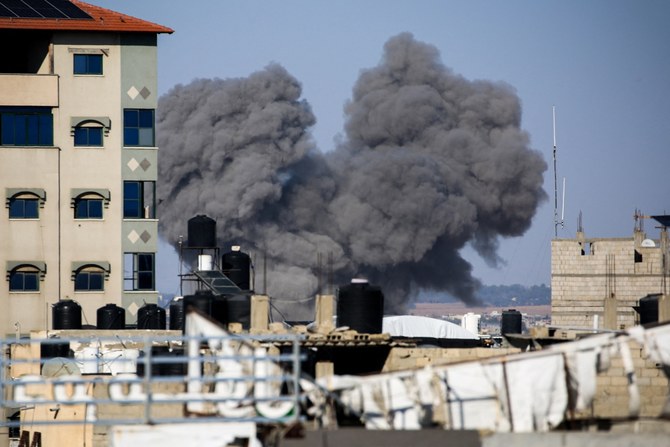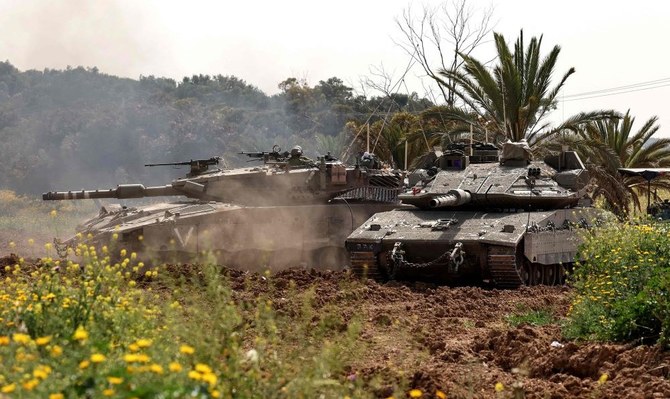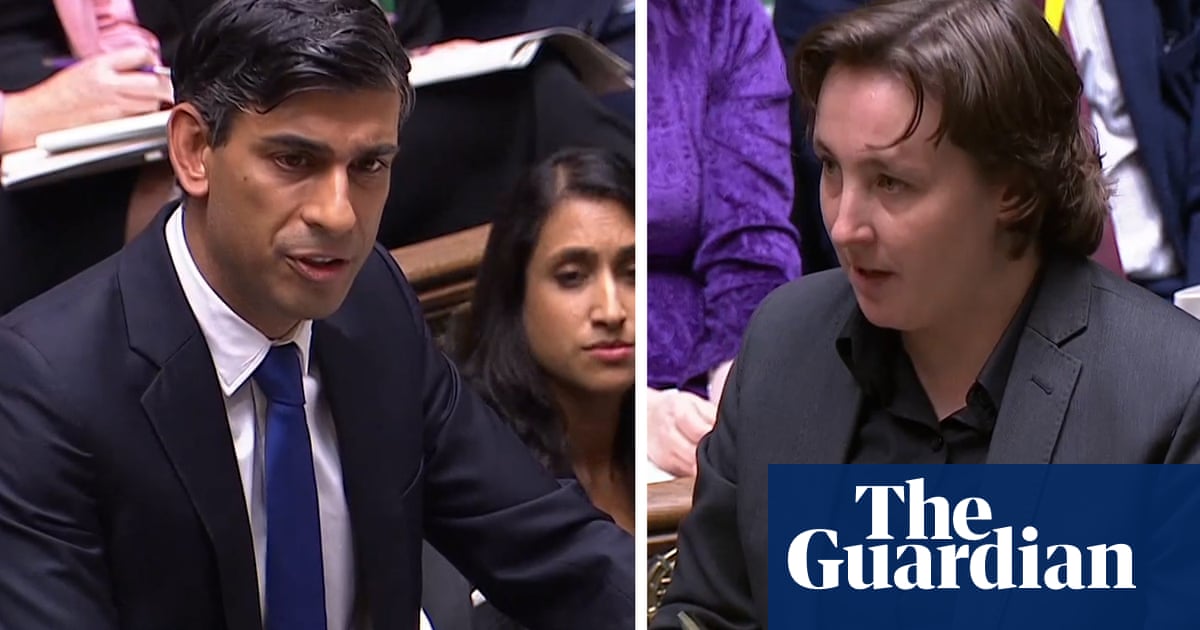
It does not take a genius to forecast that the ceasefire in Gaza between Hamas and Israel that was declared last week — after 48 hours of madness in which 23 Palestinians and four Israelis were killed and many more injured — will be broken before long.
After all, this is the pattern of behavior that the two sides have developed over the past 12 years. The same ritual of death and devastation has repeated itself time and again, with every single agreement to hold fire broken, resulting in yet another round of violence, often more vicious than the last. Meanwhile, nothing is done to address the root causes of the situation, beginning with removing, or at least easing, the cruel Israeli — and to an extent Egyptian — blockade of this tiny enclave. The 2 million inhabitants, two-thirds of whom are refugees, must also endure the oppressive Hamas regime, while the international community does not seem to care enough to do anything about it.
The most recent round of hostilities, at the end of last week, was short and exceptionally violent, as if both sides had something to prove before they consented to another truce. In such a short time, the firing of 650 rockets and missiles deep into Israel by Hamas and Islamic Jihad, and the devastating attacks on the Gaza Strip during 320 sorties by Israel’s air force are indications that both sides are trying to make a point.
But what point? Are not these exactly the same points they have been making again and again over the years while achieving little else but death, destruction and further animosity? By now Israel surely does not believe that it can resolve its warlike relations with Hamas and Gaza by military means. Neither can Hamas defeat Israel; of course it can maintain its position as the leading force, almost the only one, carrying on with the armed struggle against Israel — but at what cost?
One of the most worrying — terrifying, in fact — aspects of this latest round of hostilities was how rapidly it escalated into an intense military conflict in which there was a sickening lack of consideration for the lives and well-being of civilians. All four of the Israelis killed were civilians, and most of the Palestinians who lost their lives had no hand in militancy, including two pregnant women and two babies, who surely posed no threat to Israeli security.
An oft-repeated cliche is that neither Israel nor Hamas have any interest in a full-blown confrontation, as there are, at best, very minor political gains to be had compared with the huge losses that would result from an all-out war. Not many would argue with this assessment, and to validate it both sides need look no further than the previous rounds of violence.
Low-intensity conflict tends to escalate quickly into an intense tit-for-tat scenario in which both sides attempt to maximize the damage inflicted on the other to establish some level of deterrence, and to deliver something that each government perceives as satisfying its respective constituents. In reality, this at best leads to a short-term lull along the border, which is never followed up by even limited Israeli concessions in the form of a partial lifting of some of the punishing measures of their blockade.
The timing of the most recent round of violence suggests that neither side was ready for a more lengthy conflict. For Hamas it came at the beginning of the holy month of Ramadan, and for Israel it took place in the days leading up to the commemoration of its fallen soldiers and victims of terrorism, followed by the celebration of the country’s 71st Independence Day. Furthermore, the violence broke out while Hamas’s most senior leaders, including Yahya Sinwar, were in Cairo to negotiate a long-term truce with Israel. How could this outbreak of violence fit with any desire for a ceasefire, unless one or both sides is not negotiating in in good faith?
And now another variable has been added to the surreal and volatile equation that is the state of affairs between Gaza and Israel: Israel’s imminent hosting, on May 18, of the Eurovision song contest. For Israel more than most countries, this rather pointless musical competition is about showcasing the country’s achievements, its prosperity and, above all, the supposed normality of daily life. This, of course, has made the country that bit more vulnerable to Hamas attacks, because the last thing Israel wants is for Eurovision to be taking place when the air raid sirens sound and send people rushing for shelter, or for the showbiz glitterfest to be canceled altogether.
Hence, when Egypt, Qatar and the UN’s special envoy Nikolay Mladenov suggested a ceasefire it was a no-brainer for Israel, but also for the leadership in Gaza.
For now, relative calm has been restored between the two, but it would be self deception for anyone to believe it is sustainable. The Gazan people are living in conditions that, according to the UN’s Office for the Coordination of Humanitarian Affairs, will make the Strip uninhabitable by next year.
This is not intended to justify the Hamas missile attacks on Israeli civilians; however, in the pressure cooker of Gaza — where unemployment and poverty are extremely high, people have almost no access to clean water and sanitation, economic activity is minimal, severely sick people cannot leave to get adequate medical treatment, and all goods entering and leaving are controlled by Israel and Egypt — violence is almost inevitable.
As US President Donald Trump’s so-called “deal of the century” is constantly delayed, in Israel the next government is expected to be the most hawkish and bigoted in the country’s history, with mounting pressure for a “decisive” military operation to topple Hamas. With divisions between Palestinians in Gaza and those in the West Bank currently worse than ever, the likelihood of further confrontation is high.
What is required, on the other hand, is that everyone understands that gradually lifting the blockade in return for a long-term ceasefire will ensure the security of those on both sides of the border; but what must also begin as soon as possible is the massive task of reconstruction in the Gaza Strip.












